Advisory Board
South Australian immunoGENomics Cancer Institute (SAiGENCI) is overseen by an independent Advisory Board, comprising nominees of the Commonwealth Government, the University of Adelaide and the Central Adelaide Local Health Network.
The Board exists to set and monitor the strategy and policy direction for the Institute, to review and approve its activities and expenditure, and to support the University in meeting its obligations under the Commonwealth Funding Deed.
The Board is advisory in nature only. This resides within the overarching constraints implied by SAiGENCI's establishment as an academic unit linked to the University of Adelaide’s Faculty of Health and Medical Sciences.
Professor Brandon Wainwright AM
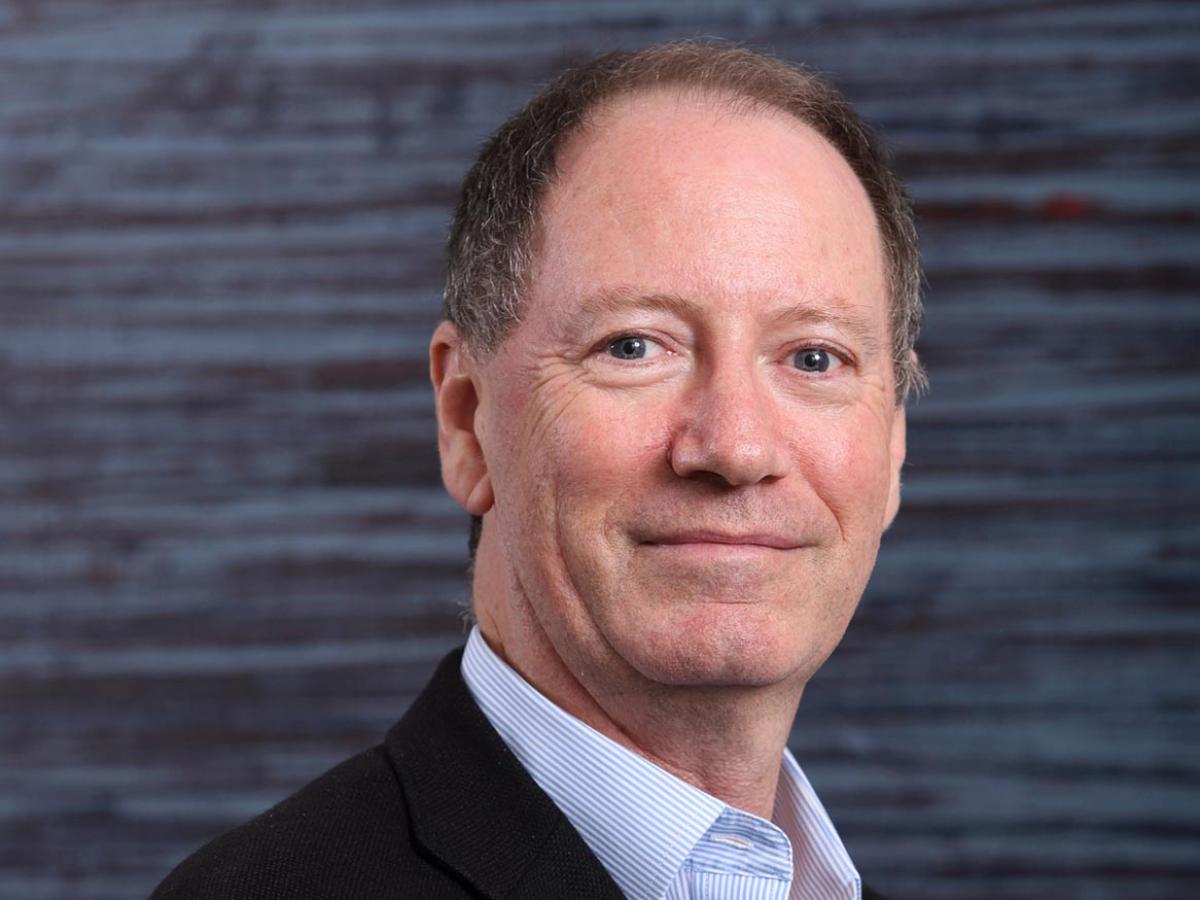
Chair of the Board
Professor Brandon Wainwright AM is a geneticist, renowned for discovering the genetic pathway that causes most human cancer. He is skilled in molecular genetics and is best known for discovering the first gene known to cause brain cancer, and the gene pathway responsible for common cancer - the 'Hedgehog Pathway'. He is the former Director of the University of Queensland’s Institute for Molecular Bioscience, where he led a team of talented discovery scientists, translating their findings to life-changing applications.
The primary focus of his current research is brain cancer, but he is also applying his expertise to common cancer generally (particularly skin cancer), and neurodegenerative disease.
Professor Wainwright is a graduate of the University of Adelaide.
Ms Anna-Maria Arabia OAM
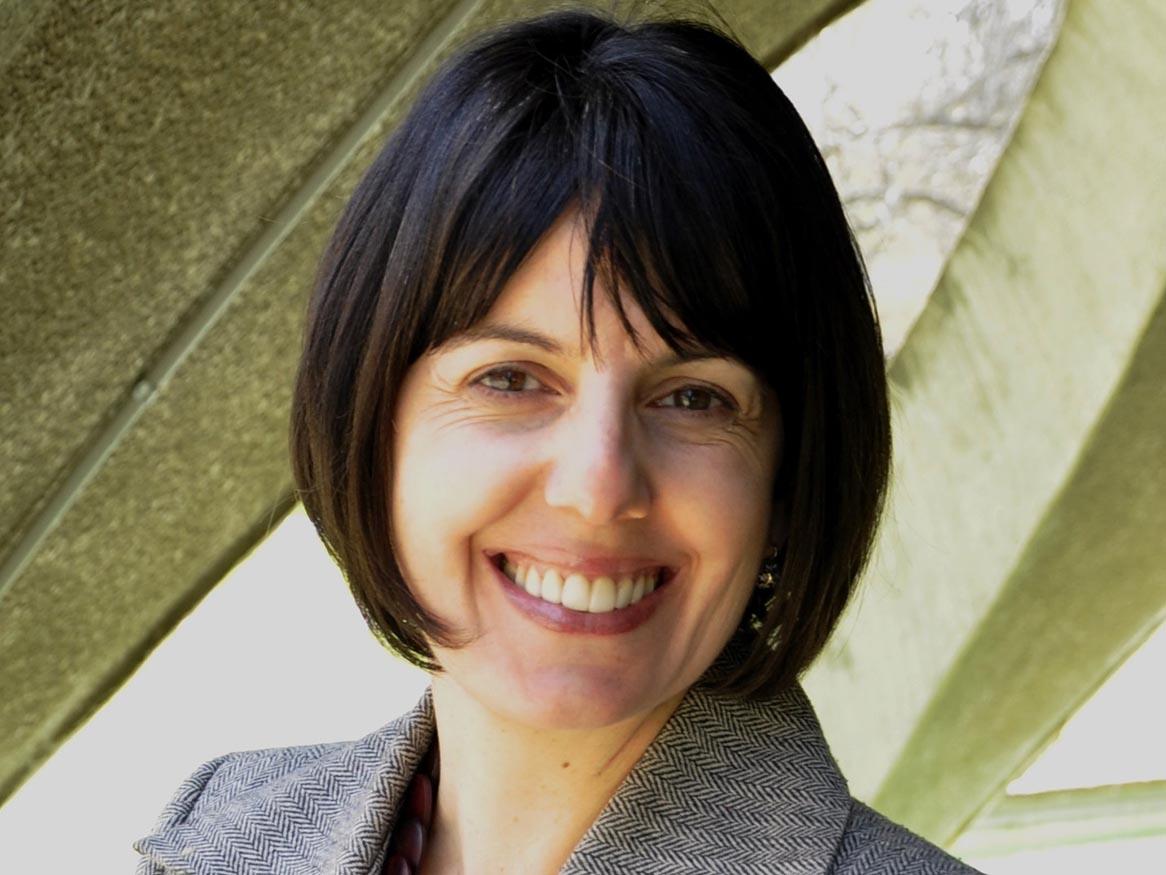
Ms Anna-Maria Arabia is the Chief Executive of the Australian Academy of Science, and a passionate advocate for science, social justice and gender equity.
Her past roles include General Manager, Strategy and Partnerships of Questacon – the National Science and Technology Centre - and CEO of Science and Technology Australia.
As well as her scientific background, Ms Arabia has worked in senior policy roles in both social and economic portfolios and served as Director of Policy and Principal Advisor to the Leader of the Federal Opposition from 2013-16.
Mr Stirling Griff

Stirling Griff is an accomplished board director and former Senator for South Australia, recognised for his longstanding advocacy in medical research, public health and palliative care. In the Senate he played a central role in securing the Commonwealth Government’s initial funding commitment to establish SAiGENCI within the South Australian Biomedical Precinct. He now serves on the Advisory Board as a Commonwealth Government representative.
Stirling brings to the Board extensive expertise in public policy, health policy, governance and stakeholder engagement. He has led major national initiatives to improve cancer research funding, advance palliative care policy and support, and strengthen transparency and accountability across IVF, FASD and health system spending.
Professor Michelle Haber AM PhD Hon DSc (UNSW) FAAHMS
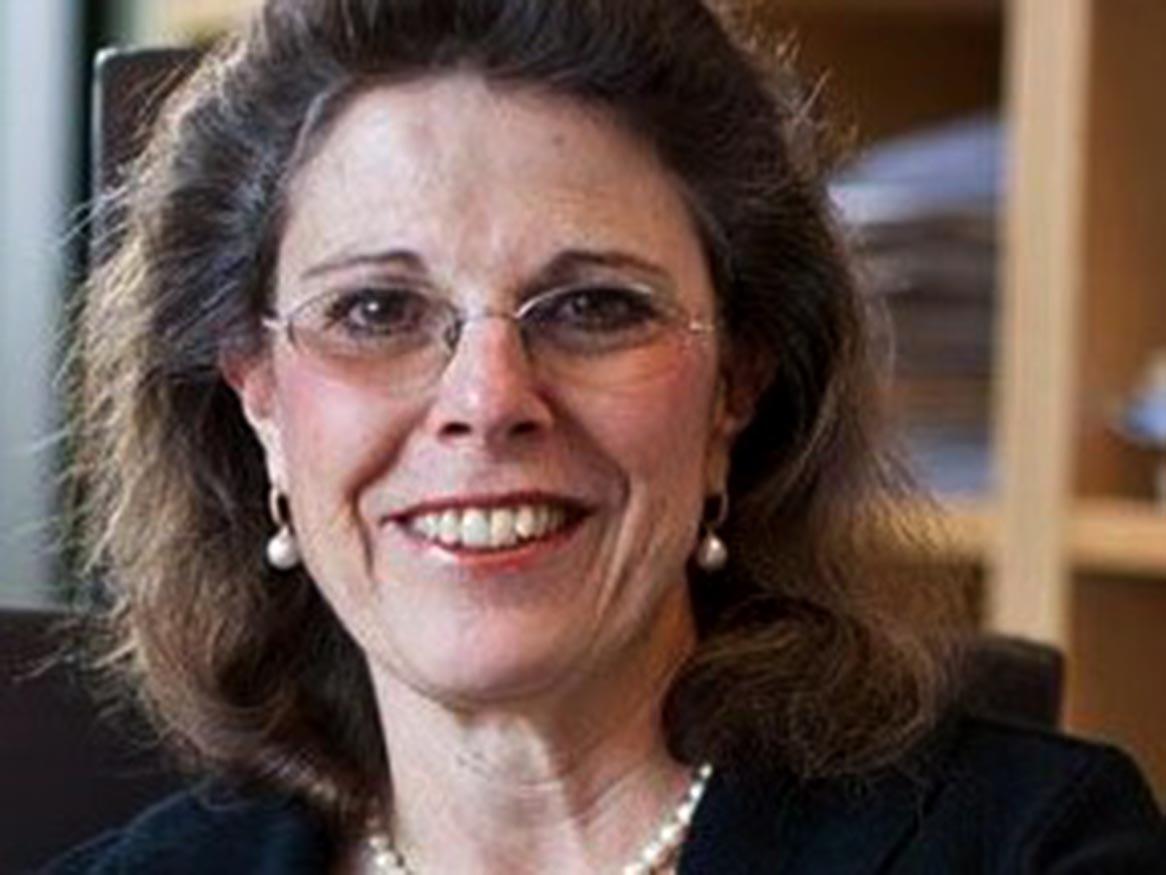
Professor Michelle Haber AM is Executive Director of the Children’s Cancer Institute, and a Professor in the Faculty of Medicine at the University of New South Wales. She has served as President of the International Advances in Neuroblastoma Research Association and remains a member of its Steering Committee.
Professor Haber is Head of the Molecular Targets and Cancer Therapeutics Theme and Group Leader of Experimental Therapeutics at the Children’s Cancer Institute. Her research is focussed on improving treatment for neuroblastoma and acute lymphoblastic leukaemia in children through identifying molecular targets that drive cancer growth and development, developing new drugs to inhibit the action of these targets, and combining existing and new drug treatments into novel therapeutic approaches.
Professor Ricky Johnstone PhD FAHMS
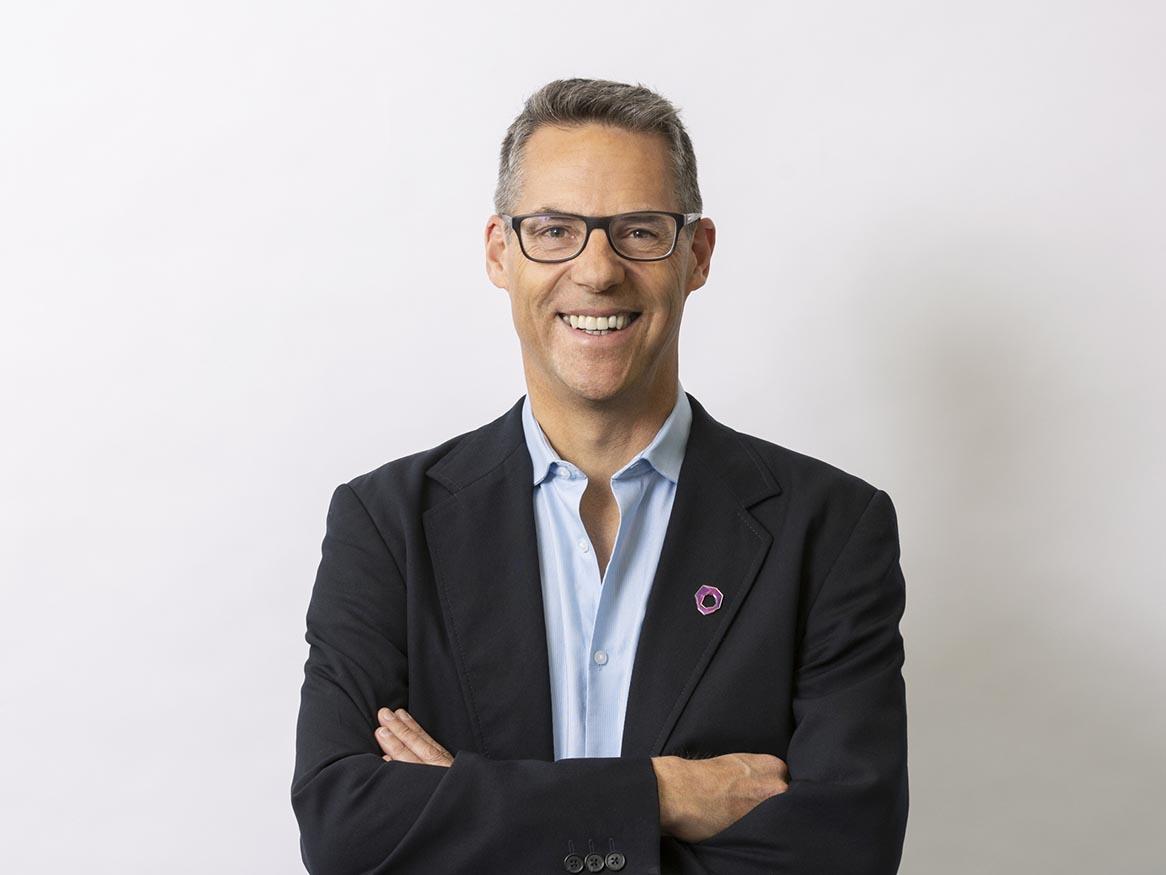
Professor Ricky Johnstone is the Head of the Gene Regulation Laboratory at the Peter MacCallum Centre, Head of the Sir Peter MacCallum Department of Oncology at the University of Melbourne, and Executive Director of Cancer Research at the Peter MacCallum Cancer Centre.
In his cancer research, Professor Johnstone has utilised genetic mouse models of hemopoietic malignancies and solid tumours to understand the epigenetic changes that underpin tumour onset and progression, and to develop new therapies that target epigenetic and transcriptional regulatory proteins.
Professor Johnstone has also taken the lead in the creation of a National Cancer Clinical Trials Network, to which SAiGENCI intends to become affiliated.
Dr Emma McCahon
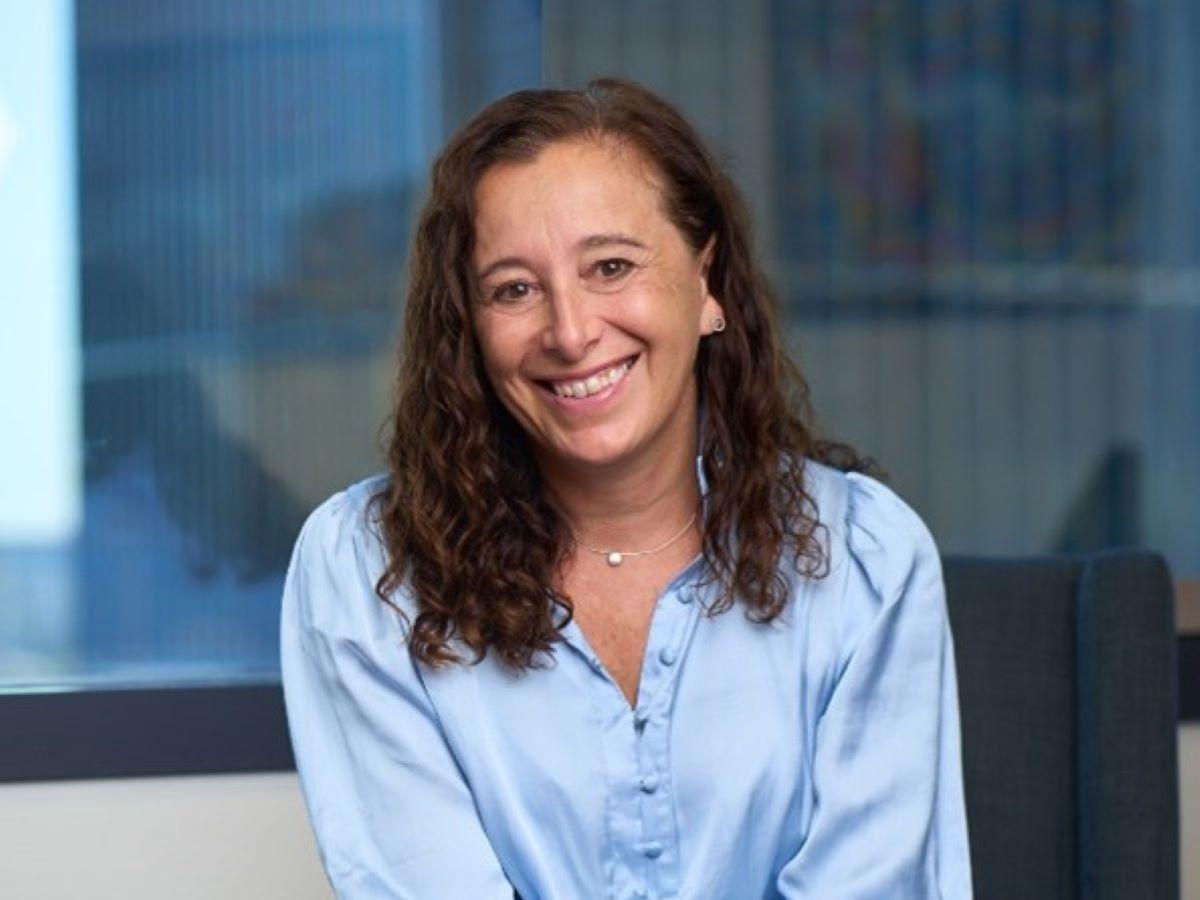
Dr Emma McCahon is Chief Executive Officer of the Central Adelaide Local Health Network (CALHN).
Emma started her career in health as a paediatrician. Over the last 20 years Emma has held senior executive roles in large health services across metropolitan and regional areas.
In addition to her clinical training, Emma has invested in building her leadership skills through completing a Graduate Certificate in Change Management, an Executive MBA, completing the advanced training program in quality and safety at Intermountain Healthcare and an executive coaching certificate.
Emma believes that to achieve different outcomes in healthcare we need a different type of leadership. Emma believes we need a leadership that leans into the expertise and experience of people on the ground and focuses on building the capability of our workforce. This type of leadership requires courage, requires focus on the people, connection, trust and collaboration.
Professor Anton Middelberg PhD FIEAust FIChemE FNAI FTSE
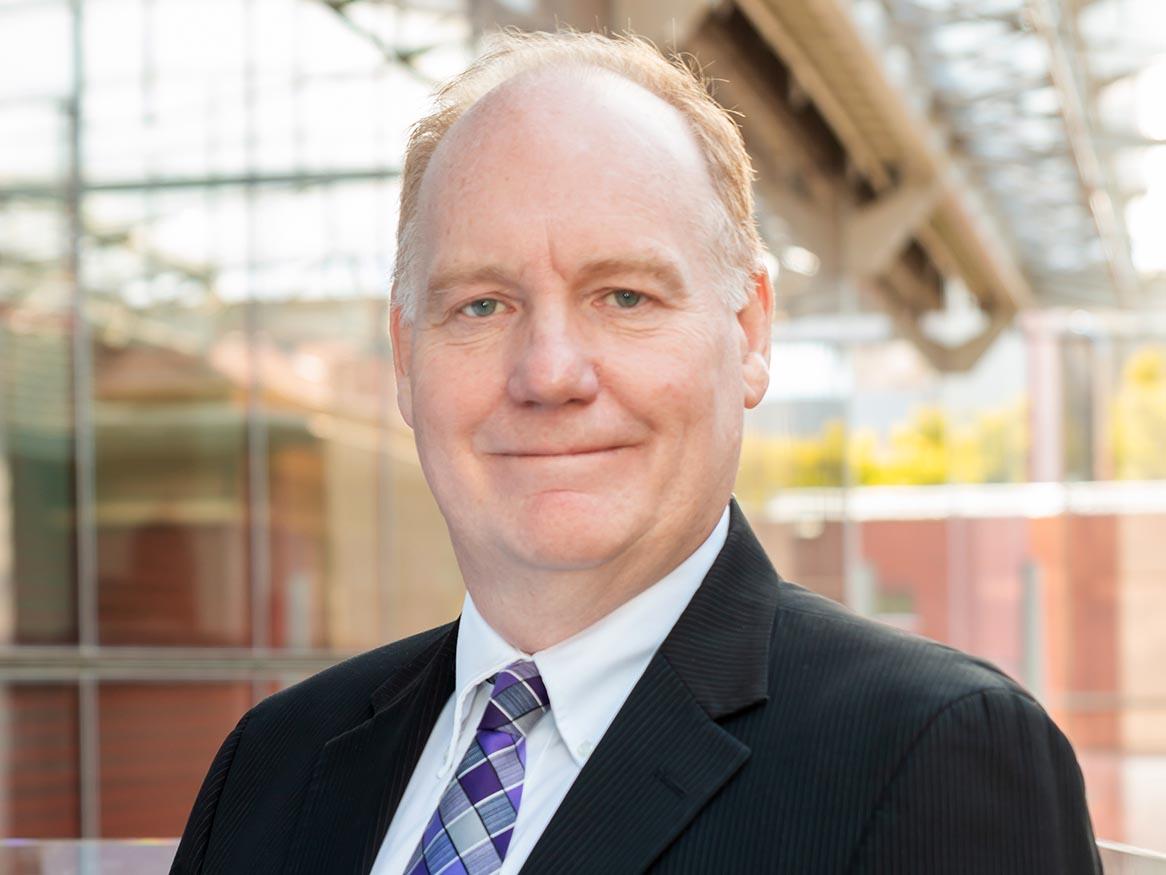
Professor Anton Middelberg is Deputy Vice-Chancellor and Vice-President (Research) at the University of Adelaide.
Professor Middelberg is an internationally recognised research and thought leader in chemical and biomolecular engineering. His research is fundamental but directed toward significant problems including in the health and advanced biomanufacturing sectors. Professor Middelberg has researched, patented and licensed new technologies in the fields of rapid vaccine scale-up, soft condensed matter and bio-nanotechnology, including for cancer immunotherapy.
Professor Andrew Roberts AM FAA FAHMS MBBS FRACP FRCPA PhD
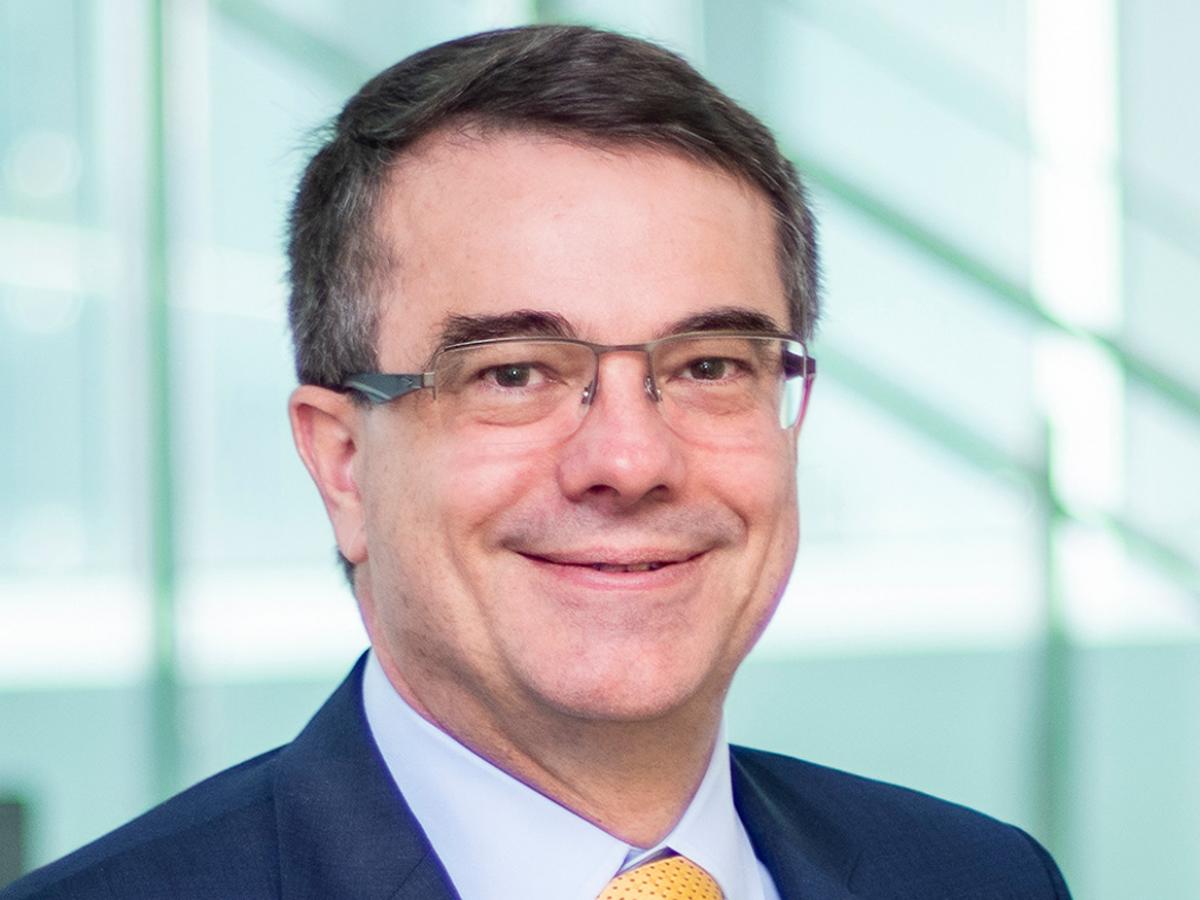
Andrew Roberts AM is Cancer Theme co-Leader at the Walter and Eliza Hall Institute of Medical Research, a clinical haematologist at the Royal Melbourne Hospital and Peter MacCallum Cancer Centre and the Metcalf Chair of Leukaemia Research at the University of Melbourne. A Past President of the Haematology Society of Australia and New Zealand, Chair of the board of Cancer Council Victoria and Director of the Australasian Leukaemia and Lymphoma Group (national clinical trials collaborative), he is currently a Director of the Victorian Comprehensive Cancer Centre Alliance and chairs the Life Saving Drug Program Expert Panel for the Australian government. His laboratory and clinical research pioneered the way for venetoclax, the first in a new class of targeted anti-cancer drug, to become a routine treatment for selected leukaemias. For this work, he and colleagues have received multiple awards, including the Prime Ministers Prize for Innovation in 2019.
Professor Andrew Zannettino PhD
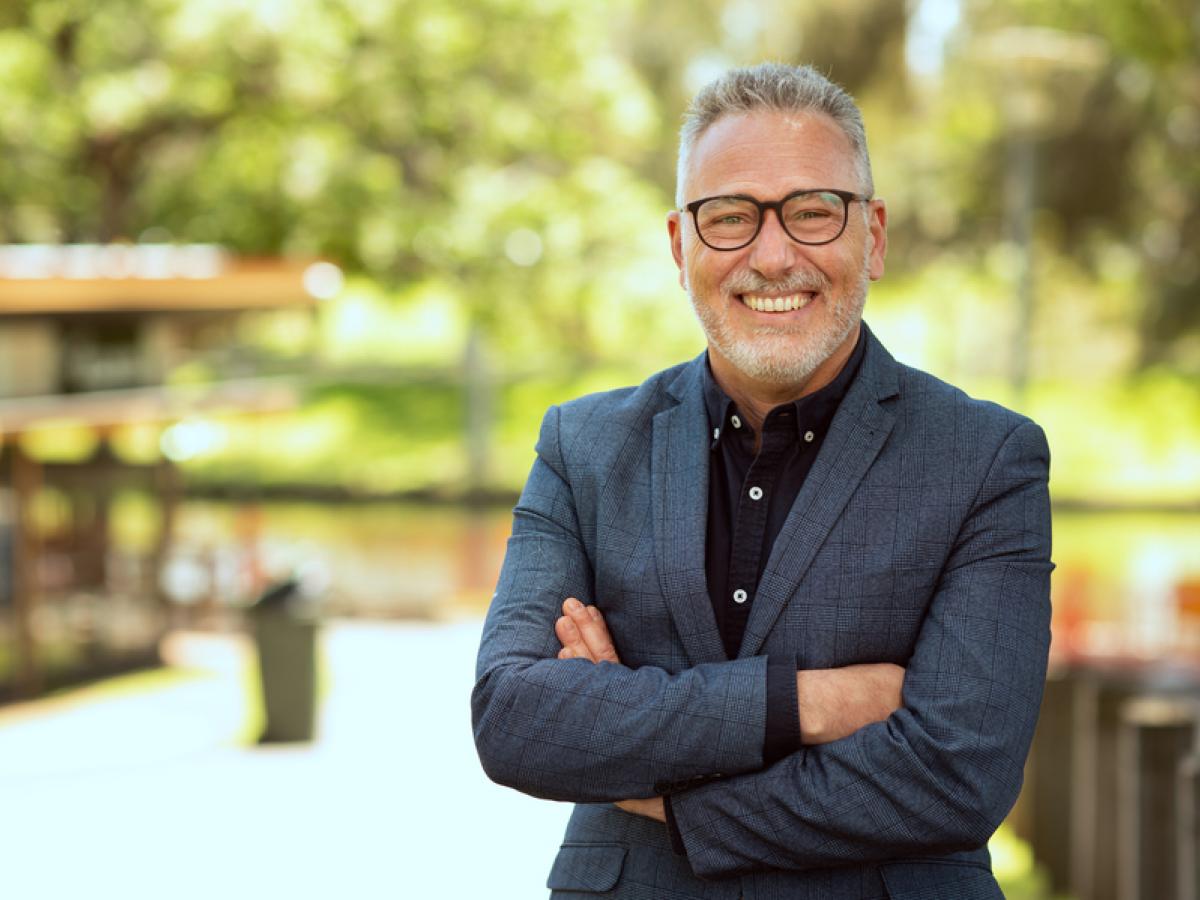
Professor Andrew Zannettino is the Professor of Experimental Haematology, Faculty of Health and Medical Sciences, University of Adelaide and co-directs the Myeloma Research Laboratory within the Precision Cancer Medicine Theme at the South Australian Health Medical Research Institute (SAHMRI). The laboratory focuses on identifying the molecular and cellular mechanisms of myeloma disease progression and myeloma-associated bone loss.
In addition to his research into the pathophysiology of multiple myeloma, Andrew is a recognised leader in the field of mesenchymal stem cell biology and holds numerous patents covering the composition and regenerative properties of Mesenchymal Precursor Cells (MPCs), a rare cell population present in many postnatal tissues. The family of patents underpin the world’s largest cell therapy company, Mesoblast Ltd.
Andrew provides executive leadership as the Executive Dean of the Faculty of Health and Medical Sciences. Moreover, Andrew is a founding member of the Medical and Scientific Advisory Group (MSAG) of the Myeloma Australia, the peak body in Australia focused on PBAC submissions, guidance documents and advocacy for myeloma. In addition, Andrew serves on the Executive Management Group for the Cancer Council and is a non-executive director of AusHealth Pty Ltd.
